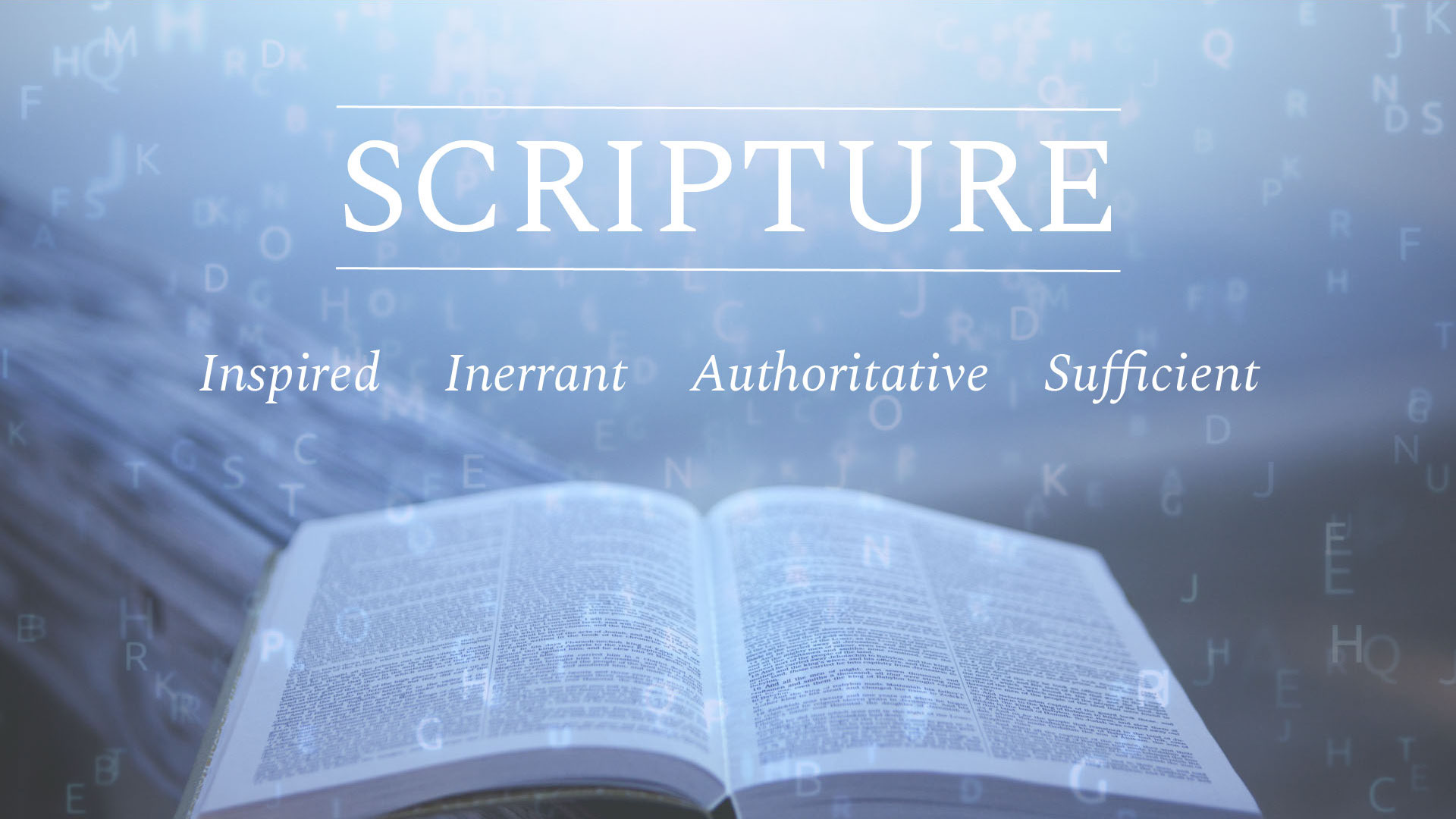-
Avoiding Anger: Doers Of The Word, Series
Contributed by Amiri Hooker on Aug 26, 2021 (message contributor)
Summary: Avoiding Anger: Doers of the Word August 29, 2021, FOURTEENTH SUNDAY AFTER PENTECOST, YEAR B, While anger might not be the center of this text, it is one of those distractions that often keeps us from being doers of the word.
Avoiding Anger: Doers of the Word August 29, 2021
FOURTEENTH SUNDAY AFTER PENTECOST, YEAR B text James 1:17-27
While anger might not be the center of this text, it is one of those distractions that often keeps us from being doers of the word. Throughout this series, we are reflecting on how well we are living in the community. We need to look at our relationships within the body: How do we value one another? Who is being neglected or left out of the decision-making process within the church? We are also examining how we relate to the wider community around us.
James 1:17-27 The Message
16-18 So, my very dear friends, don’t get thrown off course. Every desirable and beneficial gift comes out of heaven. The gifts are rivers of light cascading down from the Father of Light. There is nothing deceitful in God, nothing two-faced, nothing fickle. He brought us to life using the true Word, showing us off as the crown of all his creatures.
Act on What You Hear
19-21 Post this at all the intersections, dear friends: Lead with your ears, follow up with your tongue, and let anger straggle along in the rear. God’s righteousness doesn’t grow from human anger. So throw all spoiled virtue and cancerous evil in the garbage. In simple humility, let our gardener, God, landscape you with the Word, making a salvation-garden of your life.
22-24 Don’t fool yourself into thinking that you are a listener when you are anything but, letting the Word go in one ear and out the other. Act on what you hear! Those who hear and don’t act are like those who glance in the mirror, walk away, and two minutes later have no idea who they are, what they look like.
25 But whoever catches a glimpse of the revealed counsel of God—the free life!—even out of the corner of his eye, and sticks with it, is no distracted scatterbrain but a man or woman of action. That person will find delight and affirmation in the action.
26-27 Anyone who sets himself up as “religious” by talking a good game is self-deceived. This kind of religion is hot air and only hot air. Real religion, the kind that passes muster before God the Father, is this: Reach out to the homeless and loveless in their plight and guard against corruption from the godless world.
These verses from the Epistle of James include the point that the epistle is best known for: “[B]e doers of the word, and not merely hearers,” just as next week we will read James reminding us that “faith by itself if it has no works, is dead.” Our text begins here on the last Sunday in August. Many schools have been in session for a while; others wait for the Labor Day weekend next week. I know my group over in Florence is almost ready for a break from school, but on the brink of asking School No School in-person meeting or not, we focus on being doers of the word.
While anger might not be the center of this text, it is one of those distractions that often keeps us from being doers of the word. Throughout this series, we are reflecting on how well we are living in the community. This text is really about listening to others before you fly off the handle or make up your mind to be mad.
James as tradition has it, was the brother of Jesus. There is some considerable doubt as to whether that James ever sat down and wrote this letter, but in the book of Acts, we see James stepping up to be a leader—some say The Leader—of the fledgling church.
So, we can imagine that this letter is the result of being the brother of Jesus and of listening to all that Jesus was saying his whole life, not just during the three years of ministry the Gospels tell us about. Thus, many see James as a wisdom text or a collection of teaching and saying that James may have gleaned from Jesus.
James, we see in the letter was a doer. James was faithful. In Jesus’ story, James got to be the elder brother, but he didn’t come off very well (see Luke 15).
Now it had all changed. James looked in the mirror and didn’t like what he saw.
One of the notable features of James is the author’s use of vivid, concrete images that, parable-like, both illustrate the author’s points and leave enough ambiguity to tease our minds into active thought.
So, this is what James tells us: that we are to be quick to “hear,” because not hearing enough leads us, apparently, to speech that is angry and unproductive.
But hearing alone is not sufficient. We must also “do,” because failing to act is evidence of a fundamental failure to function as God’s first fruits in the world.

 Sermon Central
Sermon Central



